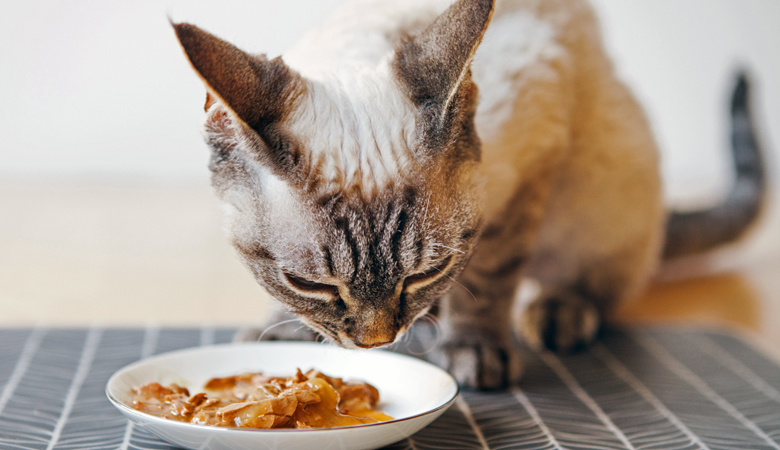
Food allergies in cats and dogs
Did someone tell you that their pet has an allergy? Did your veterinarian suggest that your pet might be having problems due to allergies? Or do you suspect that your cat or dog has an allergy? Food allergies seem to have gotten more common in the past decade and every pet owner seems to have a pet with an allergy. The reason for this increase can partly be blamed on overlapping symptoms, which makes it quite difficult to give your pet the right diagnosis. In fact, scientific research has concluded that only 1 out of 100 skin conditions in dogs and cats can be traced back to a food allergy. As the symptoms and reactions can be quite confusing, it is important to understand what type of reaction your pet has to its food.








